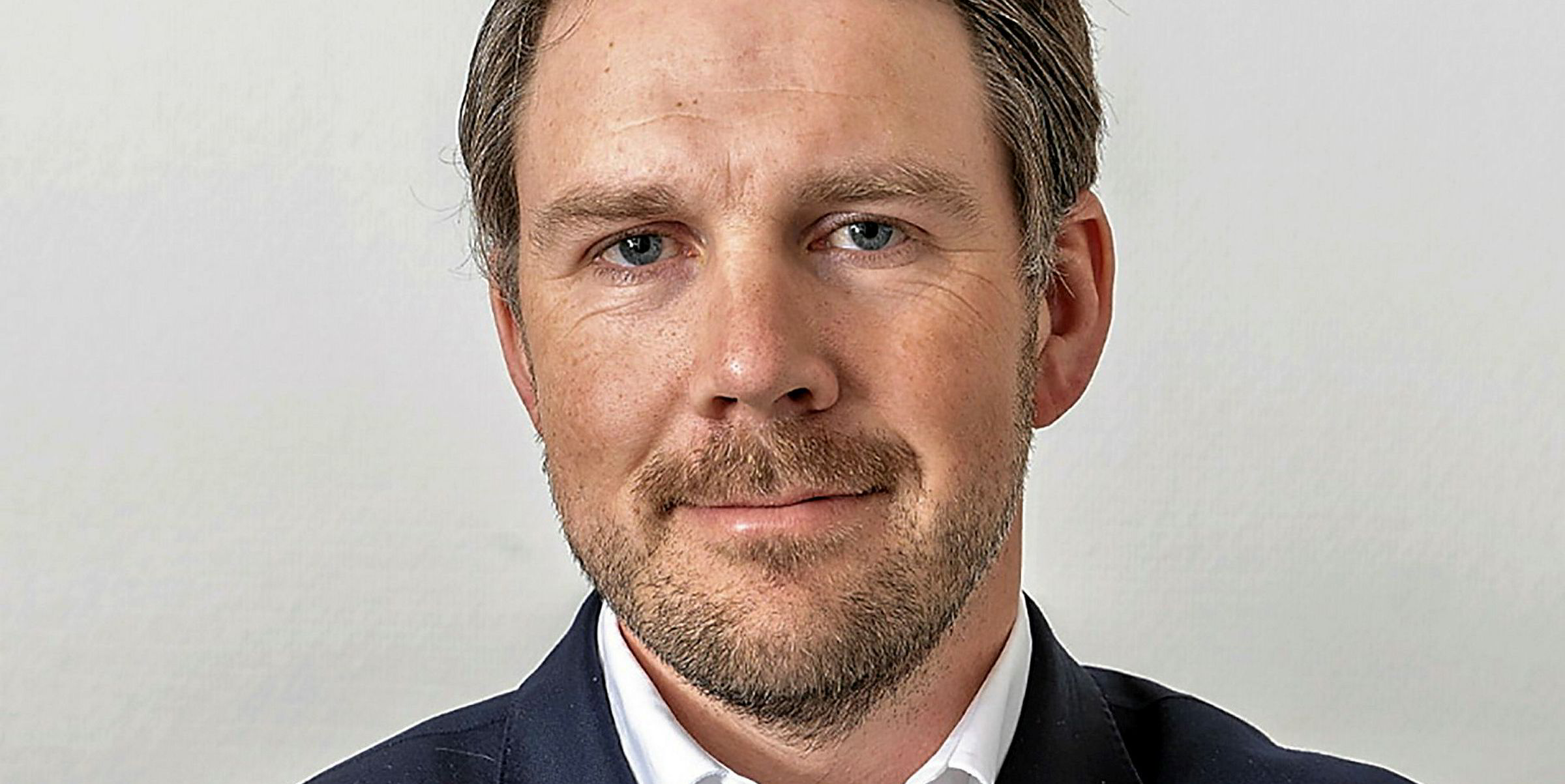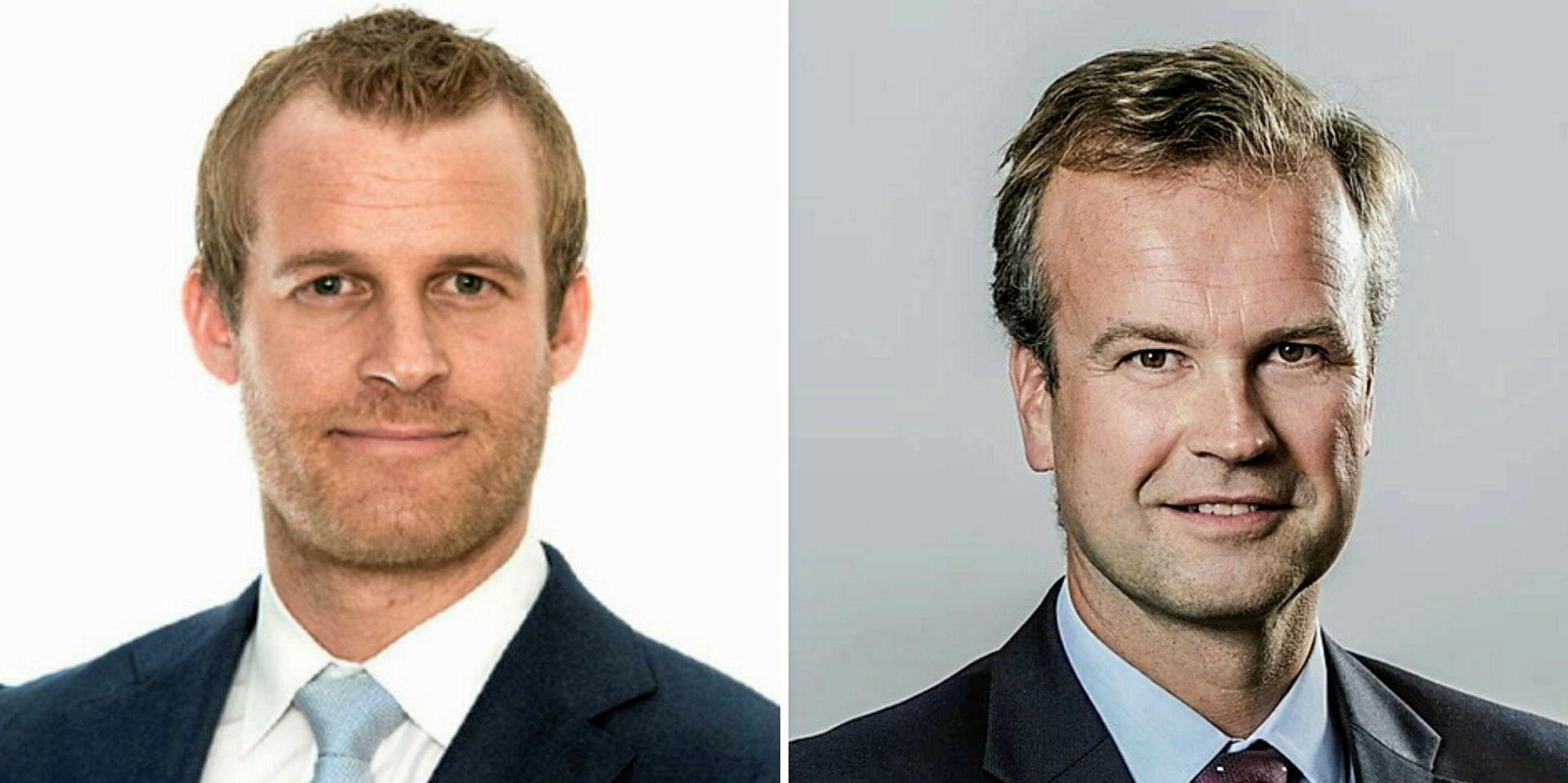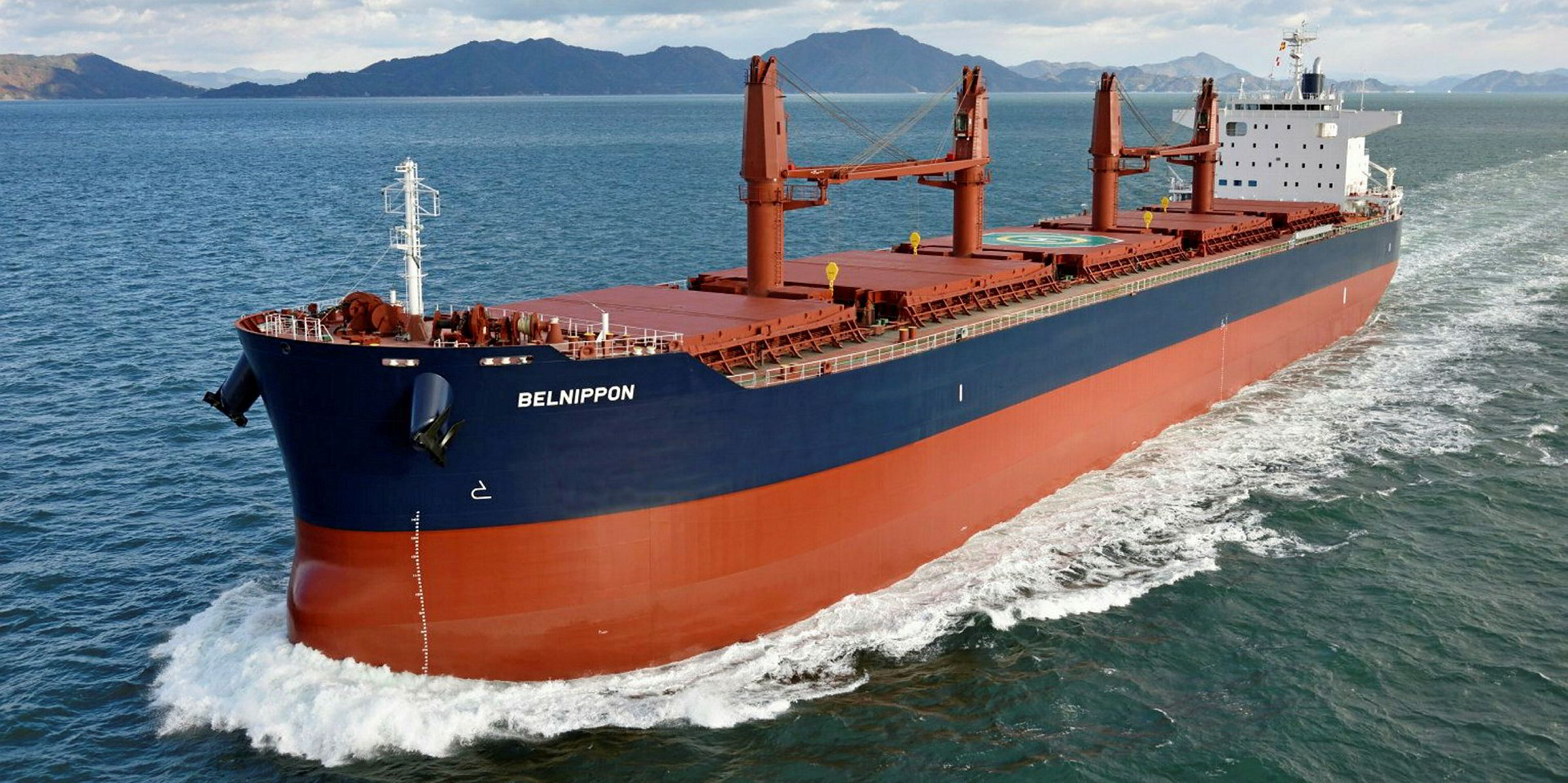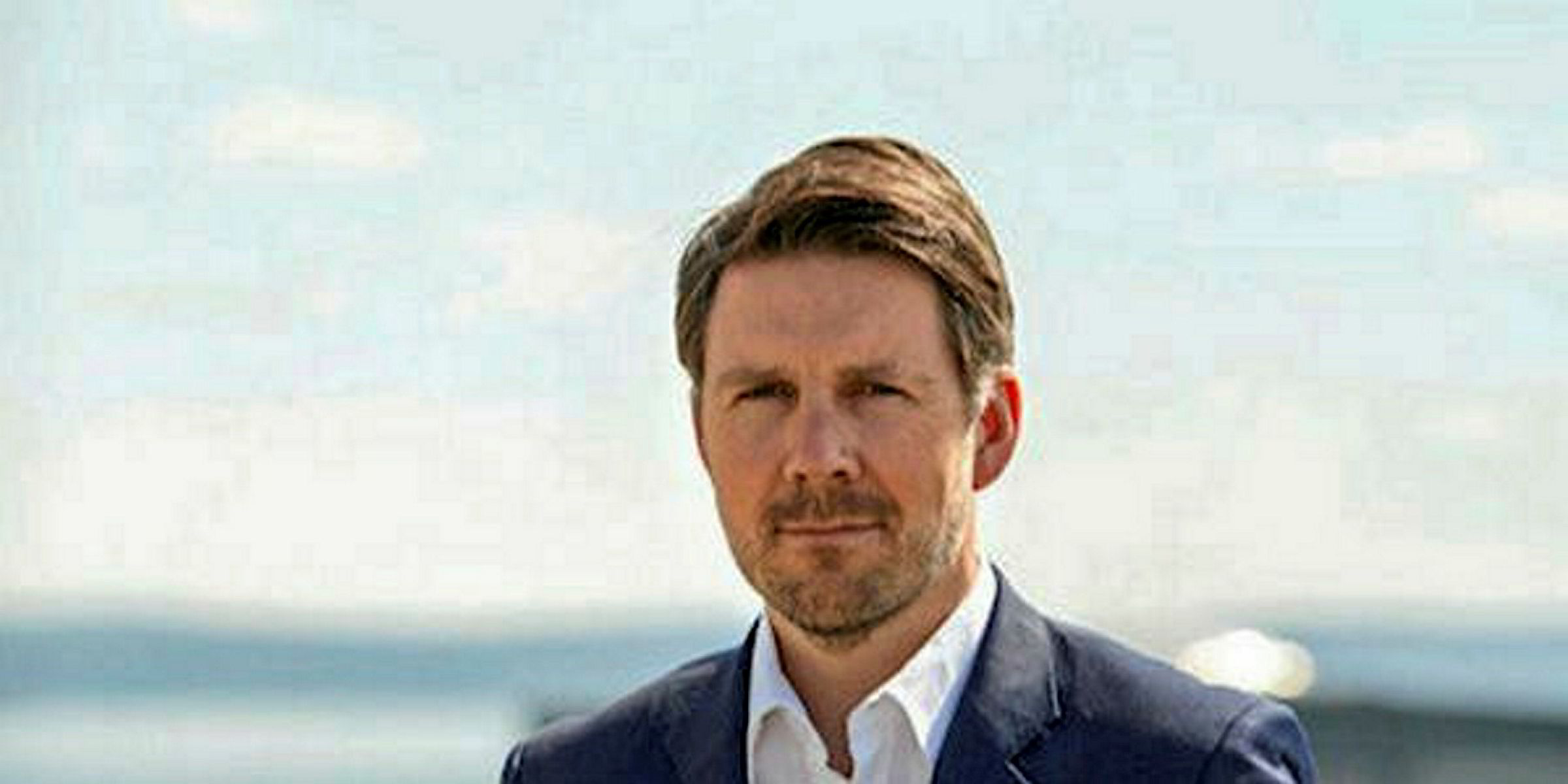Whenever someone asks Belships chief executive Lars Christian Skarsgard how he is doing these days, he says, "Relatively well".
It's important to emphasise "relatively", he told TradeWinds, because, well, look around. This is 2020: much of the world is in the grip of the coronavirus pandemic, oil prices have crashed, bulker markets are in the toilet.
But in a sector that has had the worst start to the year in recent memory, the Oslo-listed bulker owner and operator is doing relatively well.
The plan for 2020 is to grow the company, Skarsgard said, by expanding its fleet and its commercial platform in Oslo.
Educated guess
It is too early for him to say publicly what this will entail. Nevertheless, market onlookers can make an educated guess.
Belships' commercial operations are done via its Bangkok-based subsidiary Lighthouse Navigation, which handles chartering, cargo trading, liner services and agency, but focuses on Asia.
It would therefore make sense for Belships to bring more of its commercial activities to Europe.
Then there are the new hires, for whom the company has not yet disclosed its plans.
As TradeWinds reported this month, Belships has hired six staff from rival Western Bulk, including the two heads of its major divisions.
All six are still on "gardening leave" until the end of their contracts.
Fleet growth
In the meantime, Skarsgard told TradeWinds, Belships is open to doing more ships-for-shares transactions to grow its fleet.
"We're looking for modern ultramaxes specifically," he said.
"We're open to grow further. It's an efficient way for us to grow our company and widen the shareholder base at the same time. That's our main target: modern ultramaxes in ships-for-shares transactions."
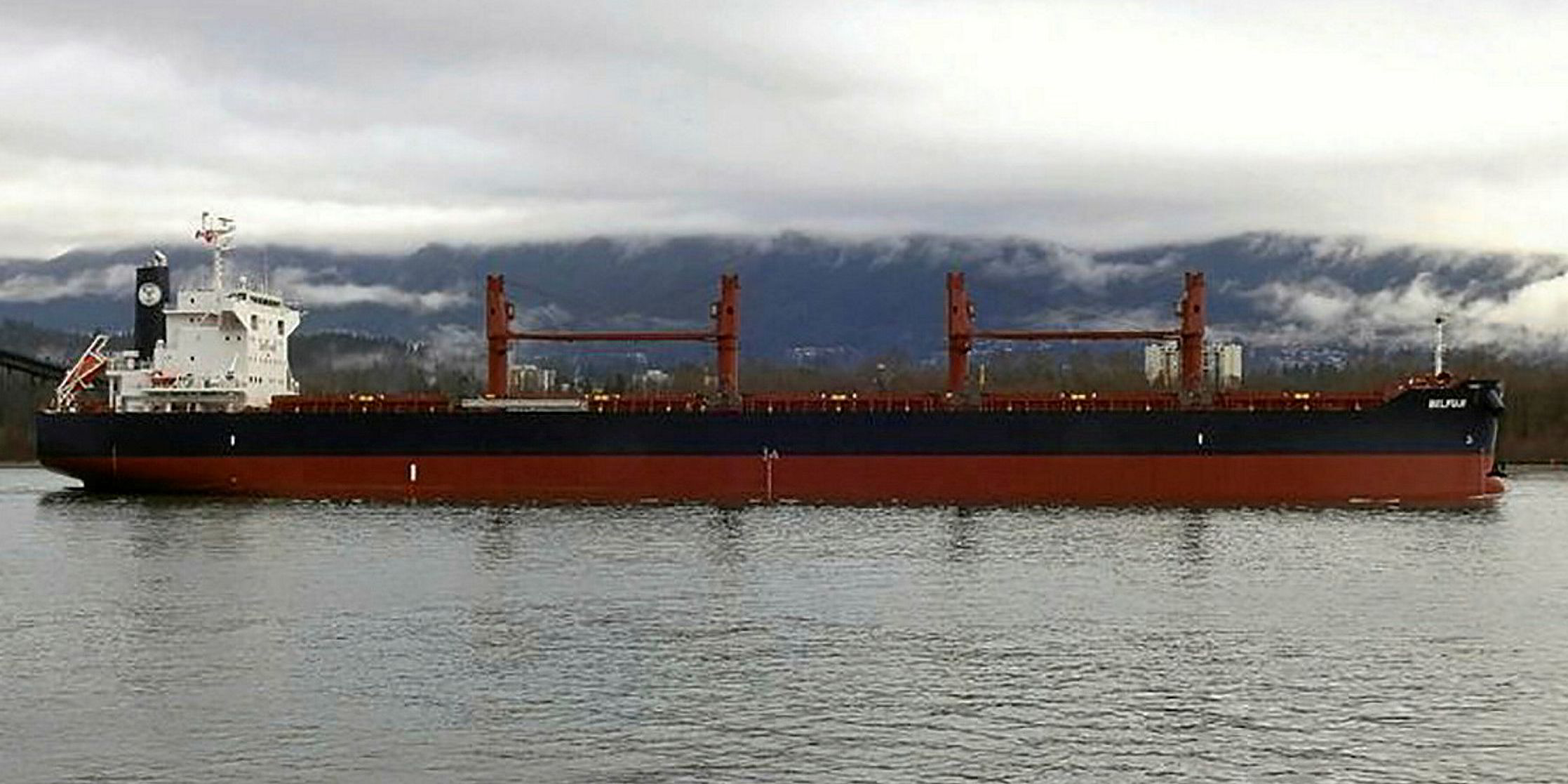
Paying for vessels with securities has a strategic benefit for this new era of Belships.
"Historically, the shareholding of Belships has been really condensed. I think through the past year-and-a-half, we've shown that increasing the free float and size of Belships has actually increased the value of it," Skarsgard said.
All but one of the parties that sold vessels to Belships in return for shares still own holdings in the company, he said. Norway's Wenaas group has even raised its stake.
"Last year, I believe we were the best-performing stock in dry bulk [worldwide]. And this year, unfortunately we're all down, but Belships is the stock that has fallen the least," Skarsgard observed.
A year in the hot seat
The company's share price rose by 44% over the course of 2019 and has lost just 15% of its value in 2020 to date.
Skarsgard said Belships' focus is to have a "sensible" free float of shares and good liquidity. "We're not there yet, but we've certainly made a step in the right direction."
It has been just over a year since Skarsgard left shipbroker Fearnleys to join Belships in the top job.
He described the past year as "both a challenging and a great experience".
Skarsgard went to sea aged 16 before going to work for shipbroker Fearnleys in Oslo.
After a three-year stint at private shipowner Stove Shipping, he headed back to Fearnleys, where he rose to become director and global head of the sale-and-purchase department.
Strong main shareholder
"It's good to have a varied background coming into this," he said.
It's also good to have strong backing, particularly after the merger in 2018 with Norwegian shipowner Frode Teigen's Lighthouse Shipholding, through which Teigen became Belships' majority shareholder.
"We have all the advantages of having an active, very strong main shareholder in the Teigen family and we have an active and highly competent board," Skarsgard said.
"We're a small, tight-knit company, which really pulls together when you want to do an exercise like this and grow a company."
